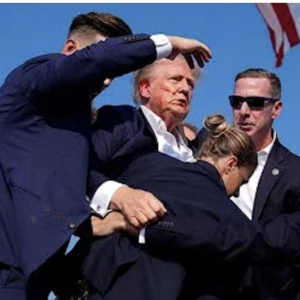As Congress convenes a bipartisan task force to investigate the security failures that led to the attempted assassination of former president Donald Trump, its mere existence should serve as a stark reminder of the importance of vigilant and proactive security measures. Many elements contributed to the security breach, so many issues need to be addressed. Effective planning is the cornerstone […]


